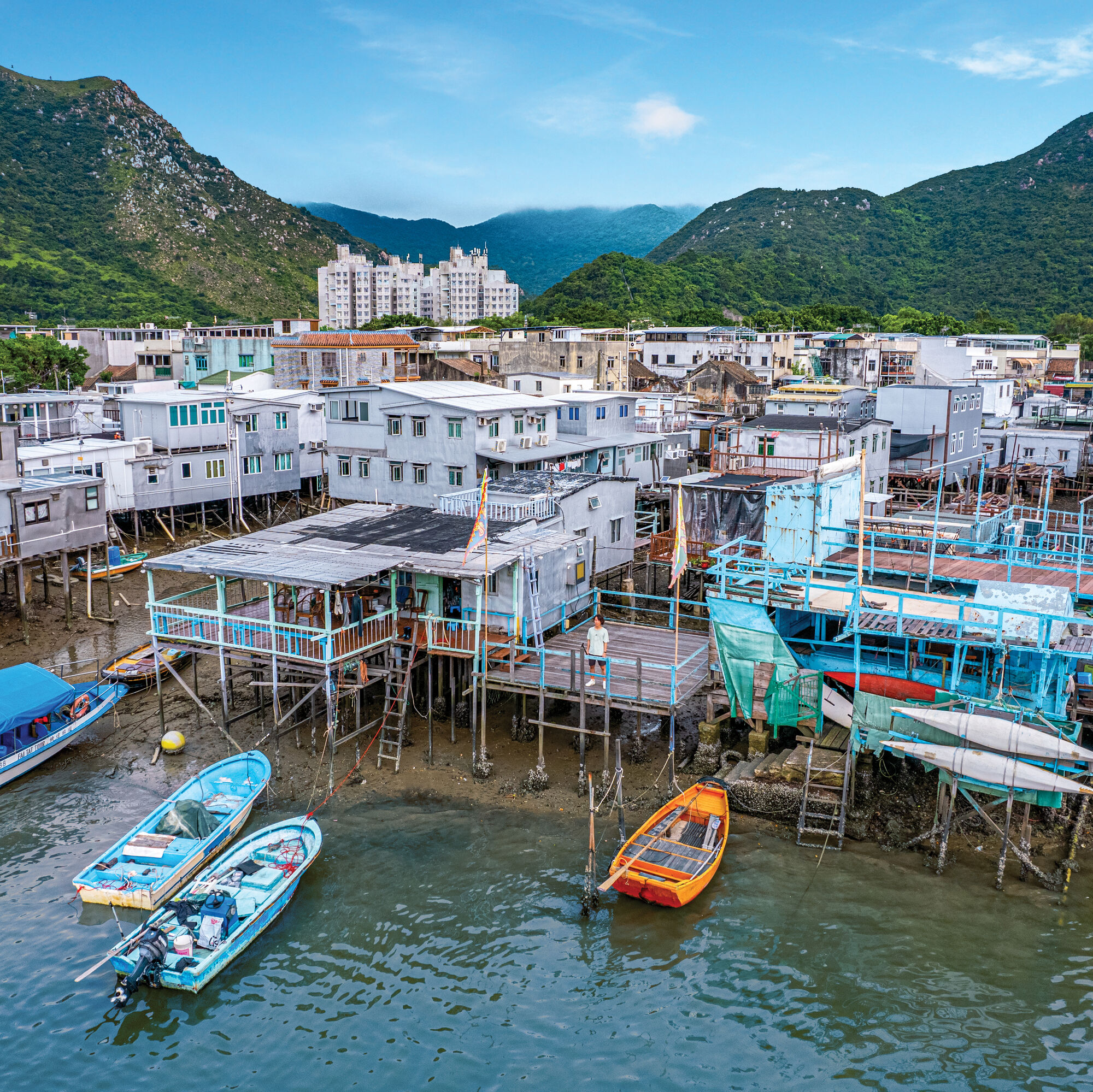Hong Kong is a multicultural landscape where East meets West, with temples of yore and the best bazaars and tranquil hiking trails. It is a combination of tradition and technology. Its skyline is one of the world's most recognizable by Victoria Harbour and farmed by rolling green hills. And foodies will indulge in local dim sum, street food and fine dining from around the world as nature lovers will get to hike, bike or visit beaches and nature reserves.
The city wanders through Central's lively districts, Tsim Sha Tsui, or Mong Kok, taking the old Star Ferry's ride, or riding on Victoria Peak's sweeping views, something is always waiting to be explored.
1. The Skyline Is Pure Magic:
Look over one of the world's most iconic skylines from Victoria Peak or along the Tsim Sha Tsui Promenade.
2. A Food Lover’s Paradise:
From Michelin-starred establishments to street-side food stalls, Hong Kong is heaven for culinary enthusiasts with vibrant, delectable food.
3. A Blend of Cultural:
Watch Chinese heritage and British influence through temples, colonial landmarks and lively festivals.
4.Shop Till You Drop:
Shop through luxury brands in Central and Causeway Bay, or look for deals and offbeat at ladies Market and Sham Shui Po.
5.Nature & Outdoors:
Do hiking in Tai Mo Shan, relax on Lantau Island or catch a sunset at Dragan’s Back. It is a perfect mix for locals and visitors.
Hong Kong is a world city where religious diversity is alive and kicking, giving its interesting glimpse of the religious practices that have formed its cultural heritage. From the glory of christian churches to the tranquil spirit of Buddhist temples, this world class city has a rich mix of religions. Starting from peaceful Buddhist monasteries to massive christian cathedrals and ancient Confucian temples. Hong Kong welcomes to discover how these opposing traditions coexist in the modern skyline.
Here is the list of the Temples:
Planning to visit Hong Kong, the timing is the most important. With the colorful mix of East and West, it gives beautiful memories. Where sleek city towers meet ancient temples, knowing the best time to visit can take your experience into the next level.
October to April is the best season to travel to Hong Kong. During these months the weather is cool and less humid during these months.
Here is the Dress Code:
For Men:
For Women:
Begin interactions with a slight nod or handshake to show respect without being too formal.
Use your whole hand to gesture and avoid pointing fingers.
Giving and receiving with both hands is considered respect, especially with money or gifts.
Join the line, People in Madrid queue politely, and skipping ahead won’t win you any points.
Hong Kong is generally very safe. But following the rules and regulations shows respect:
Metro:
Metro is the most popular way to travel across the city, and the lines are connecting almost all major districts.
Taxi:
Affordable and widely available.
Note: different color taxis operate in different areas (red for urban areas, green for New Territories, blue for Lantau Island).
1. Dim Sum:
This is the must try Cantonese tradition, a small bite sized portion which serves in bamboo steamers.
Where to try:
2. Wonton Noodles:
Delicate shrimp or pork wontons in clear broth with springy egg noodles.
Delicate shrimp or pork wontons float in a comforting, clear broth, paired with springy egg noodles that soak up every bit of flavor.
Where to try:
3. Roast Goose:
Crispy skin, juicy meat, and perfectly seasoned a Hong Kong specialty.
Where to try:
4. Egg Tarts:
Flaky pastry with smooth, creamy custard filling, a perfect snack or dessert.
Where to try:
5. Pineapple Bun (Bo Lo Bao):
Sweet, crunchy top (no pineapple inside!) best eaten warm with a slab of butter.
Where to try:
Get ready to shop till you drop.
This city doesn’t sleep.
Currency: Hong Kong Dollar (HKD)
Roughly: 1 USD = ~7.8 HKD
Cards are widely accepted, but small shops and local transport prefer Octopus Cards or cash.
Octopus Card = your best friend. Works for trains, buses, convenience stores, even some fast food!
Day 1: check in and immerse yourself in the magnificent skyline at Victoria Harbor and Symphony of light display.
Day 2: Go to Victoria Peak, watch Central and Soho, and take the Star Ferry.
Day 3: Get in a cable car to see the Big Buddha and venture around Lantau Island.
Day 4: Jump in local culture in Mong Kok with markets and street food.
Day 5: The day trip to Macau to see sightseeing and casinos, or free day in Hong Kong.
Day 6: Get into the ferry to Cheung Chau or Lamma Island to see beaches, seafood, and nature.
Day 7: And the last minute, do shopping and visit a park or tea house, then say goodbye to Hong Kong and off to the airport
A list of all the phone numbers you might need in case of an emergency in Hong KOng:
Yes, Hong Kong is part of China with its own legal and economic system.
Yes, it is a lively place with culture, shopping, cuisine, and nature all in one.
Yes, Hong Kong is open to nationals and internationals.
October to December is the best time to go, with pleasant weather and clear skies.
 Best time to visit
Best time to visit Language Spoken
Language Spoken Weather
Weather